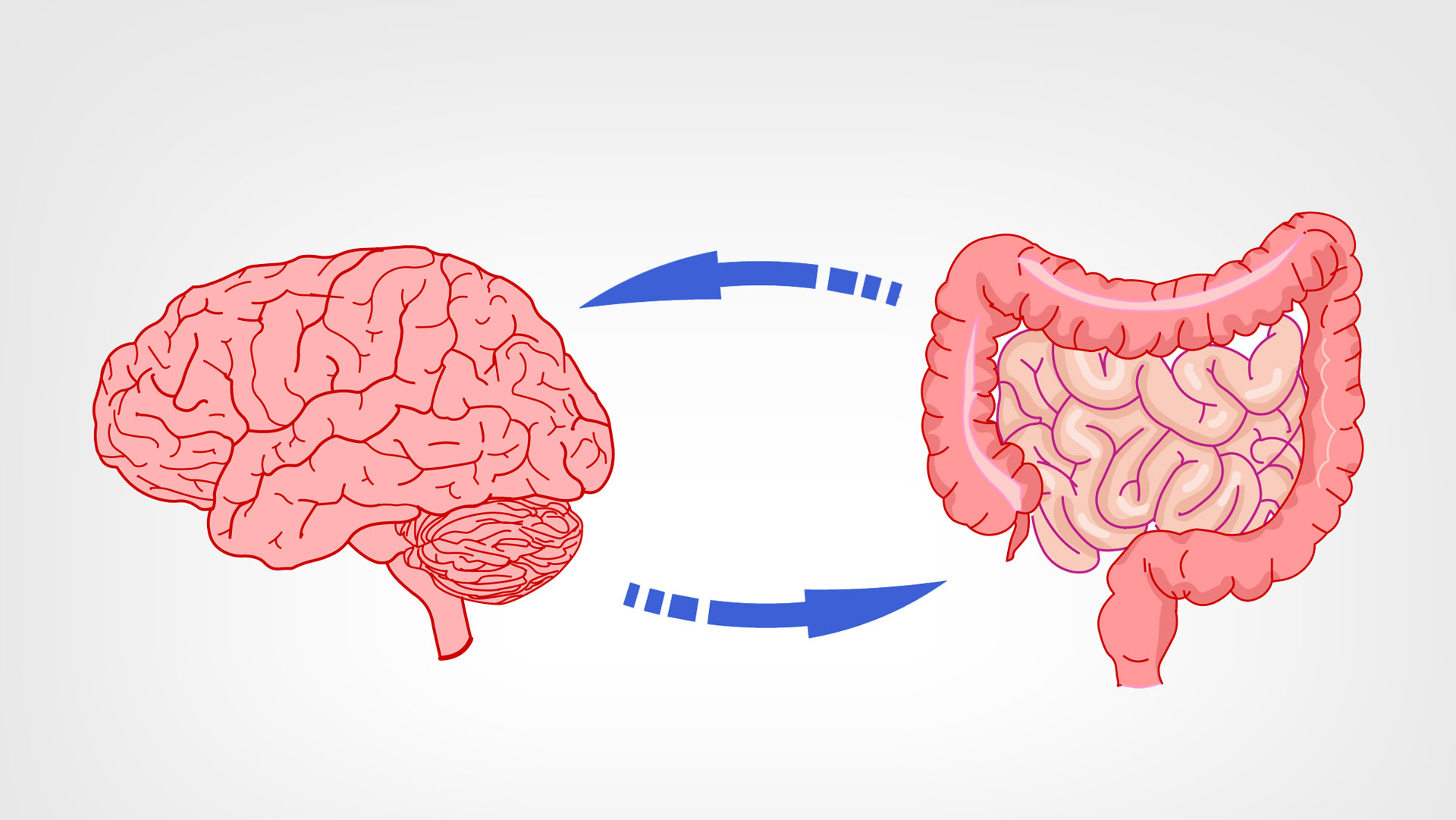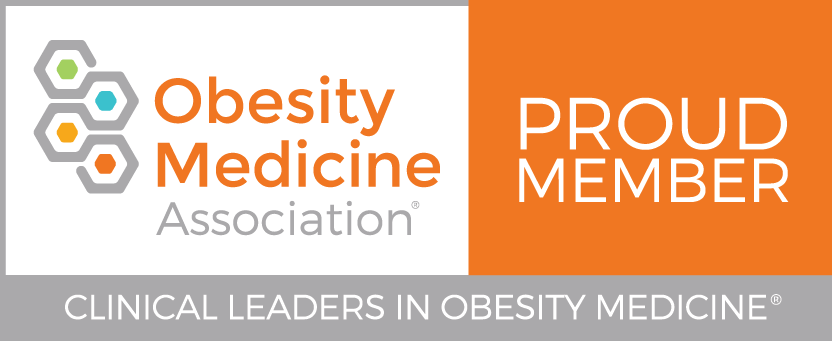By Dr. Maria Paula Guzman, MD, DreamLife Medicine & Wellness
Ever feel like your emotions are running the show—and your stomach’s not far behind? That’s no coincidence. Science has a lot to say about the gut-brain connection, and the more we learn, the more it becomes clear: your gut health is foundational to your mental, emotional, and physical well-being.
Let’s dive into the core truths—and what you can actually do today to support better health from the inside out.
1. Your Gut and Brain Are in Constant Conversation
Your gut isn’t just digesting lunch—it’s also talking to your brain. In fact, it has its own nervous system called the enteric nervous system, and it communicates with your brain via the vagus nerve. This explains why emotional states like anxiety or excitement can show up as nausea, bloating, or stomach knots.
Action Step:
Before meals, pause. Take 5 slow, deep breaths. Ask yourself: Am I feeling rushed, tense, or distracted? This simple practice shifts your body into “rest and digest” mode, helping you absorb nutrients better and feel more emotionally grounded.
2. Your Gut Microbiome Affects Mood and Stress
Inside your gut live trillions of bacteria—your microbiome. These microbes produce neurotransmitters like serotonin and GABA, which directly impact your mood, sleep, and stress response. When your gut is out of balance, you may feel anxious, foggy, or down.
Action Step:
Start eating the rainbow. At each meal, aim for two different colors of fruits or vegetables. The variety feeds different microbes, supporting a balanced microbiome—and a happier, more energized you.
3. Chronic Stress Wrecks Digestion and Mental Clarity
Stress doesn’t just live in your head—it lives in your gut too. When we’re in fight-or-flight mode, digestion slows, the gut lining weakens, inflammation increases, and your microbiome suffers. That’s a fast track to indigestion and brain fog.
Action Step:
Try “soft belly” breathing. Once or twice a day, inhale deeply through your nose, allowing your belly to expand. Then exhale slowly through your mouth with a soft “haaah” sound. This activates your vagus nerve, calming both body and mind.
4. The Food System Isn’t Always On Your Side
Let’s be real: the modern food system often prioritizes profit over health. That’s why so many “convenient” foods are high in calories but low in nutrients. And if you live in an area with limited access to fresh food, the challenge is even greater.
Action Step:
Yes, it’s possible to eat healthy on a budget. A great resource is the free PDF Eat Well on $4/Day by Leanne Brown. Want a copy? Reach out—we’d be happy to send it to you!
5. There’s No One-Size-Fits-All Diet
We’re all biochemically unique. What energizes your best friend might leave you bloated and tired. The key is to tune in and experiment.
Action Step:
Track what you eat for a week—and how you feel after each meal. Notice your energy levels, mood, and hunger patterns. This personal data will help you build a way of eating that actually supports your body.
Top 5 Gut-Friendly Habits to Start Today
If you’re looking for a checklist, here’s your cheat sheet:
✅ Eat real, whole foods—not processed ones
✅ Fill your plate with plant-based goodness: fruits, veggies, whole grains, healthy fats
✅ Cut back on ultra-processed grains (modern flour, refined sugar)
✅ Eat a rainbow of produce daily—those colors are loaded with healing compounds
✅ Stay hydrated and ditch sugary drinks
Want to Feel Better from the Inside Out?
If you’re dealing with digestive issues, brain fog, mood swings, or chronic stress—it’s time to take a closer look at your gut. At DreamLife Medicine & Wellness, I take a personalized, holistic approach to help you connect the dots between your nutrition, stress, and gut health.
No fad diets. No judgment. Just real support and answers that work for your unique body.
Because gut health isn’t just about digestion—it’s the foundation for a vibrant, balanced, and joyful life.









